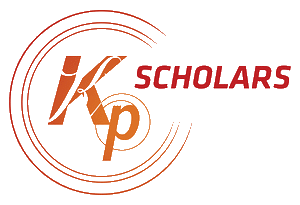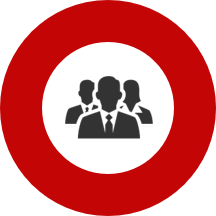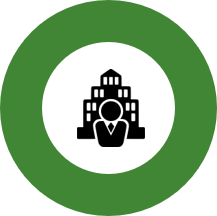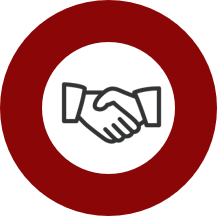PARTNERS
KP Scholars is more than just a provider of services; for many of our partners our strongest value proposition is the role we play as integrator and manager of the talent pipeline. The KP Community Stakeholder Model identifies the various actors that are essential for developing talent and the role each plays in the context of a service delivery network. This demand-driven system ensures that our talent portfolios deliver to employers entry level talent that possess the required knowledge, skills and abilities in the most efficient and cost effective manner possible.






